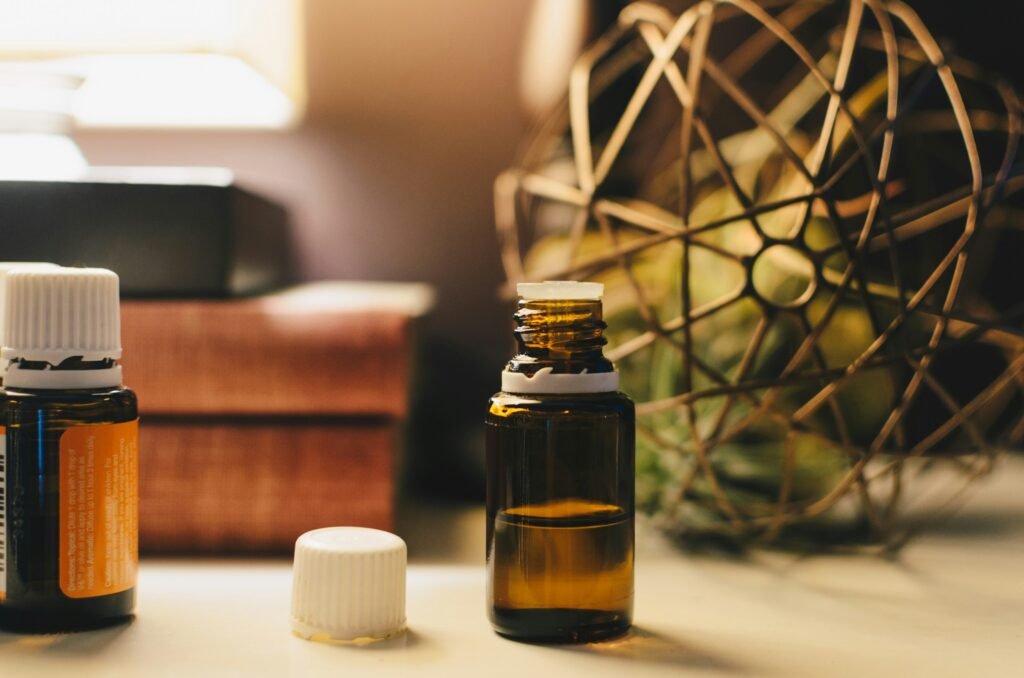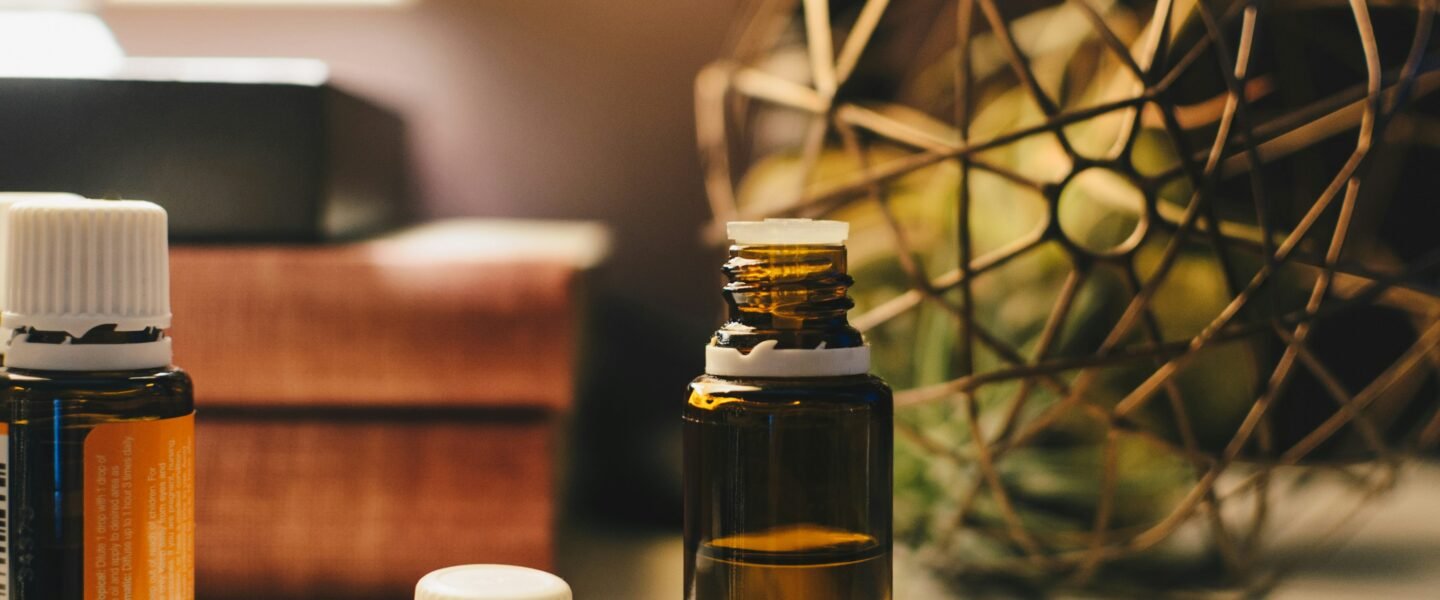Are you tired of waking up with a sore jaw and headaches caused by teeth grinding? Look no further, because this article is here to help you say goodbye to this unpleasant habit and protect your dental health. Discover effective solutions and preventive measures to alleviate teeth grinding, and learn why it’s essential to prioritize your oral well-being. Say hello to a healthier, pain-free smile with these dental care tips.

This image is property of images.unsplash.com.
Understanding Teeth Grinding
Teeth grinding, also known as bruxism, is a common condition that involves clenching or grinding your teeth involuntary. While occasional teeth grinding may not cause any harm, regular and persistent grinding can lead to various dental health problems. Understanding the causes and effects of teeth grinding is essential in protecting your dental health.
Causes of teeth grinding
Teeth grinding can be caused by multiple factors, including stress and anxiety, misaligned teeth, bite issues, and certain medications. Stress plays a significant role in teeth grinding, as it can lead to increased muscle tension and jaw clenching. Additionally, dental issues such as misaligned teeth or an improper bite can contribute to grinding as the jaw tries to find a more comfortable position.
Effects of teeth grinding on dental health
Persistent teeth grinding can have detrimental effects on your dental health. The excessive force exerted during grinding can wear down the enamel, leading to tooth sensitivity and an increased risk of cavities. In severe cases, teeth grinding can even lead to fractures, chipped teeth, or worn-down dental restorations. Therefore, it is crucial to identify and address teeth grinding early to prevent further damage.
Identifying Teeth Grinding
Being aware of the signs and symptoms of teeth grinding is the first step towards protecting your dental health. While some individuals may be unaware that they grind their teeth, there are common indications that can help you identify this issue.
Signs and symptoms
If you experience any of the following signs and symptoms, it is likely that you grind your teeth:
- Worn-down or flat teeth surfaces
- Tooth sensitivity or pain, especially when consuming hot or cold substances
- Jaw pain or soreness, often mistaken as temporomandibular joint (TMJ) disorder
- Headaches, particularly in the morning
- Earaches or facial pain
- Disrupted sleep patterns
If you notice any of these symptoms, it is essential to seek a diagnosis from a dental professional.
Diagnosis by a dental professional
A dental professional, such as a dentist or orthodontist, can diagnose teeth grinding through a comprehensive examination. They will evaluate the condition of your teeth, jaw, and facial muscles, looking for signs of wear and tear. In some cases, they may even recommend a sleep study to monitor your jaw movements during sleep. The diagnosis will help determine the severity of your teeth grinding and guide the appropriate treatment options.
Preventing Teeth Grinding
While it may not be possible to completely eliminate teeth grinding, several preventive measures can help reduce its frequency and intensity. These strategies aim to manage stress, minimize triggers, and improve sleep quality.
Stress management techniques
Since stress is a common trigger for teeth grinding, finding effective stress management techniques is crucial. Engaging in activities such as yoga, meditation, deep breathing exercises, or pursuing hobbies can help alleviate stress and reduce the likelihood of teeth grinding. Additionally, seeking professional help, such as therapy or counseling, can provide valuable tools for managing stress and anxiety.
Avoiding stimulating substances
Certain substances, such as caffeine and alcohol, can worsen teeth grinding. These substances can increase muscle tension and interfere with sleep quality, making teeth grinding more likely to occur. Limiting or avoiding these substances, especially in the evening, can help reduce the frequency and severity of teeth grinding.
Maintaining a consistent sleep schedule
Establishing a consistent sleep schedule is essential in promoting healthy sleep patterns and reducing teeth grinding. Aim to go to bed and wake up at the same time every day, ensuring you get an adequate amount of sleep. Avoiding stimulating activities and electronics before bed can also contribute to a more restful sleep, reducing the likelihood of teeth grinding.
Protecting Your Teeth at Night
Protecting your teeth while you sleep is crucial in preventing further damage caused by teeth grinding. Using a mouthguard and practicing relaxation techniques can provide effective solutions.
Using a mouthguard
A mouthguard is a custom-made dental appliance that is designed to fit over your teeth, creating a barrier between the upper and lower jaw. Wearing a mouthguard at night can help absorb the excessive force from grinding and minimize the damage to your teeth. Consult with your dentist to have a mouthguard tailored to your specific needs and to ensure a proper fit.
Relaxation techniques before bed
Incorporating relaxation techniques into your bedtime routine can help reduce muscle tension and promote a more relaxed and restful sleep. Try engaging in activities like taking a warm bath, practicing gentle stretches, or listening to calming music before going to bed. These techniques can help relax your jaw muscles, minimizing the likelihood of teeth grinding during the night.

This image is property of images.unsplash.com.
Protecting Your Teeth During the Day
While teeth grinding often occurs during sleep, some individuals also experience daytime grinding. Taking certain precautions during the day can help protect your teeth and reduce the habit of grinding.
Avoiding chewing on hard objects
Chewing on hard objects, such as pens, pencils, or ice, can exacerbate teeth grinding and increase the risk of dental damage. Avoiding these habits and substituting them with healthier alternatives, like sugar-free gum or crunchy vegetables, can help alleviate tension in your jaw and prevent teeth grinding.
Practicing proper jaw positioning
Being mindful of your jaw positioning during the day can help alleviate tension and reduce teeth grinding. Avoid clenching your jaw or resting it on your hand. Instead, strive to keep your jaw relaxed and maintain a slight space between your upper and lower teeth. Correcting your posture and avoiding excessive facial expressions can also contribute to proper jaw alignment.
Treating Underlying Conditions
In some cases, addressing underlying conditions that contribute to teeth grinding may be necessary to effectively manage the issue.
Addressing stress and anxiety
If stress and anxiety are identified as significant triggers for your teeth grinding, it is crucial to address and manage these conditions. Seeking professional help, such as therapy or counseling, can provide valuable tools and coping mechanisms for stress management. Incorporating stress-relieving activities, like exercise or meditation, into your daily routine can also help reduce the frequency of teeth grinding.
Correcting misaligned teeth or bite issues
Misaligned teeth or bite issues can contribute to teeth grinding, as the jaw tries to find a more comfortable position. Consulting with an orthodontist or dentist can help determine whether orthodontic treatment, such as braces or clear aligners, is necessary to correct the misalignment. By aligning the teeth and improving the bite, the pressure on the jaw joints can be reduced, minimizing the likelihood of teeth grinding.

This image is property of images.unsplash.com.
Dietary Considerations for Dental Health
Maintaining a tooth-friendly diet can significantly contribute to your dental health and help reduce the risk of teeth grinding.
Eating tooth-friendly foods
Including tooth-friendly foods in your diet can strengthen your teeth and minimize the risk of damage from grinding. Focus on incorporating calcium-rich foods, such as dairy products, leafy greens, and almonds, as they help strengthen tooth enamel. Crunchy fruits and vegetables, like apples and carrots, can also contribute to oral health by stimulating saliva production and removing plaque.
Limiting acidic and sugary foods
Acidic and sugary foods can weaken tooth enamel and increase the risk of dental decay. Minimize the consumption of acidic foods and beverages, such as citrus fruits, sodas, and energy drinks. Similarly, limit sugary snacks and opt for healthier alternatives. Maintaining a balanced diet and practicing moderation can help protect your teeth and overall dental health.
Oral Hygiene Practices
Maintaining proper oral hygiene practices is crucial in protecting your teeth from the effects of teeth grinding and promoting overall dental health.
Brushing and flossing techniques
Brush your teeth at least twice a day using a soft-bristled toothbrush and fluoride toothpaste. Pay attention to using gentle circular motions and avoid brushing too forcefully, as aggressive brushing can further damage worn-down tooth enamel. Additionally, floss daily to remove plaque and food particles from between your teeth, ensuring thorough oral hygiene.
Regular dental check-ups
Regular dental check-ups are essential in monitoring your dental health and detecting any issues related to teeth grinding. Visit your dentist regularly to have professional cleanings, thorough examinations, and identify any signs of dental damage or oral health concerns. Your dentist can provide personalized recommendations and guide you in protecting your teeth.
Additional Support for Dental Health
In addition to the preventive measures mentioned above, utilizing relaxation techniques and seeking professional dental care can provide further support in protecting your dental health.
Utilizing relaxation techniques
Apart from incorporating relaxation techniques into your daily routine, you can also benefit from using relaxation techniques during times of heightened stress or anxiety. Deep breathing exercises, guided meditation, or mindful practices can help alleviate tension in your jaw and reduce the urge to grind your teeth.
Seeking professional dental care
If you are concerned about your teeth grinding or have experienced significant dental damage, it is essential to seek professional dental care. A dental professional can provide a comprehensive evaluation of your dental health, recommend appropriate treatment options, and address any underlying conditions contributing to teeth grinding.
Conclusion
Teeth grinding is a common condition that can have detrimental effects on your dental health if left untreated. By understanding the causes and effects of teeth grinding, identifying the signs and symptoms, and implementing preventive measures, you can protect your teeth from further damage. Additionally, seeking professional dental care, maintaining a tooth-friendly diet, practicing proper oral hygiene, and utilizing relaxation techniques can provide additional support in preserving your dental health. Remember, taking proactive steps in managing teeth grinding can go a long way in ensuring a healthy and beautiful smile.
